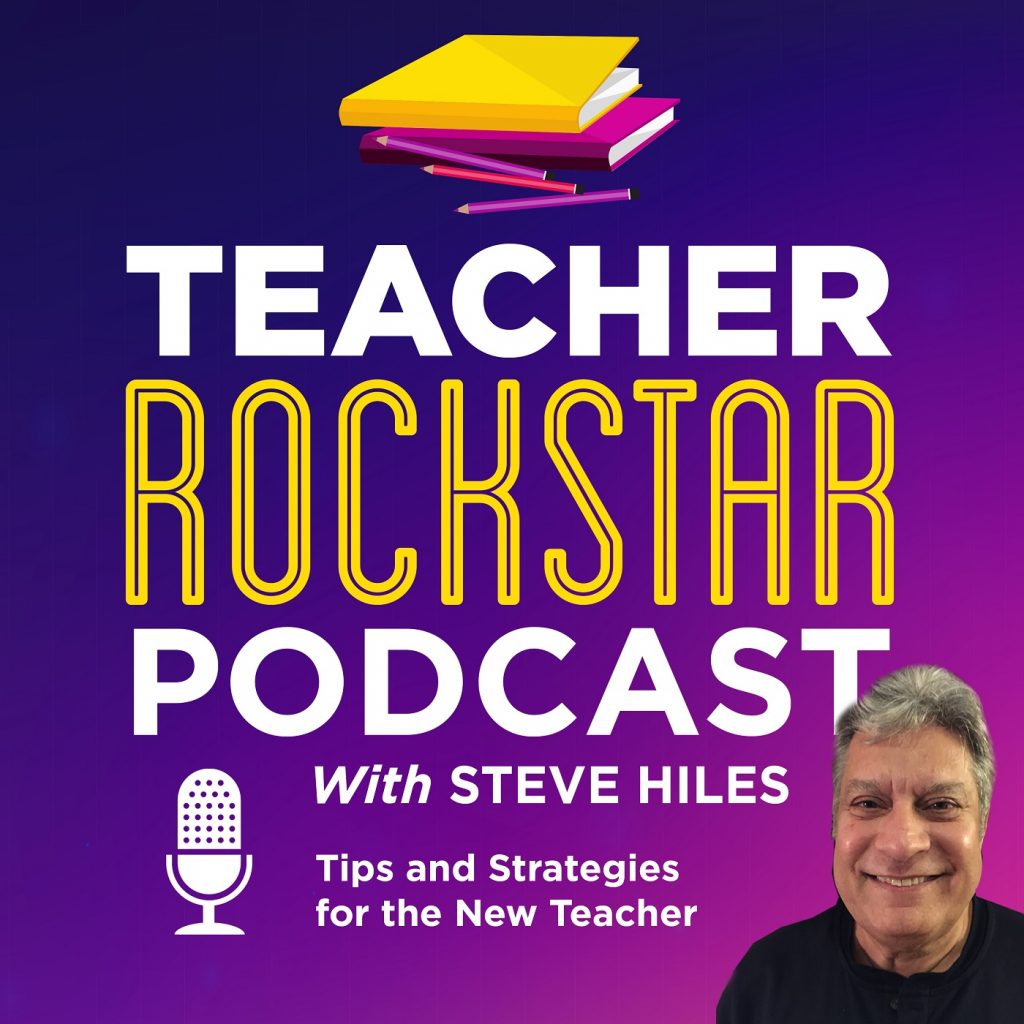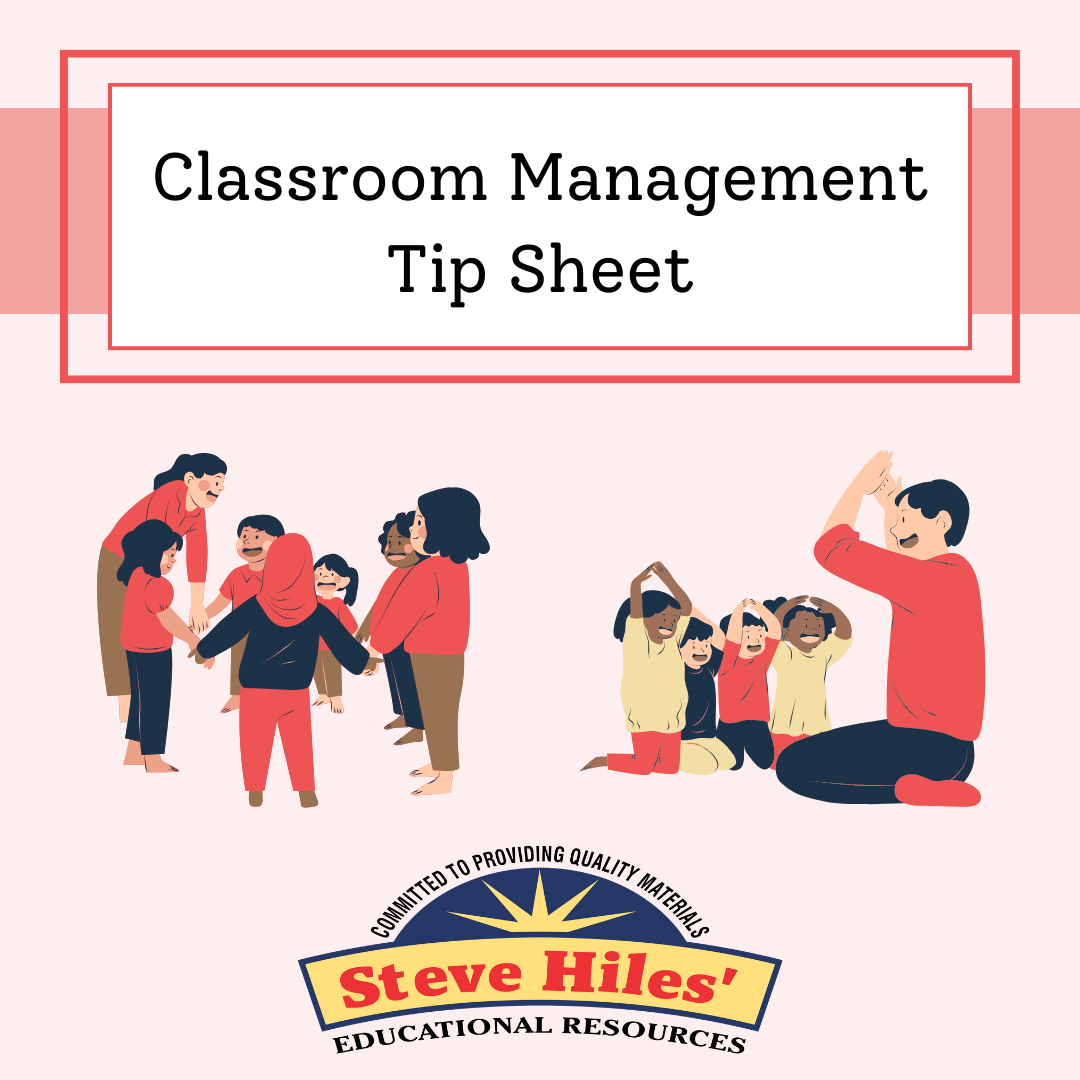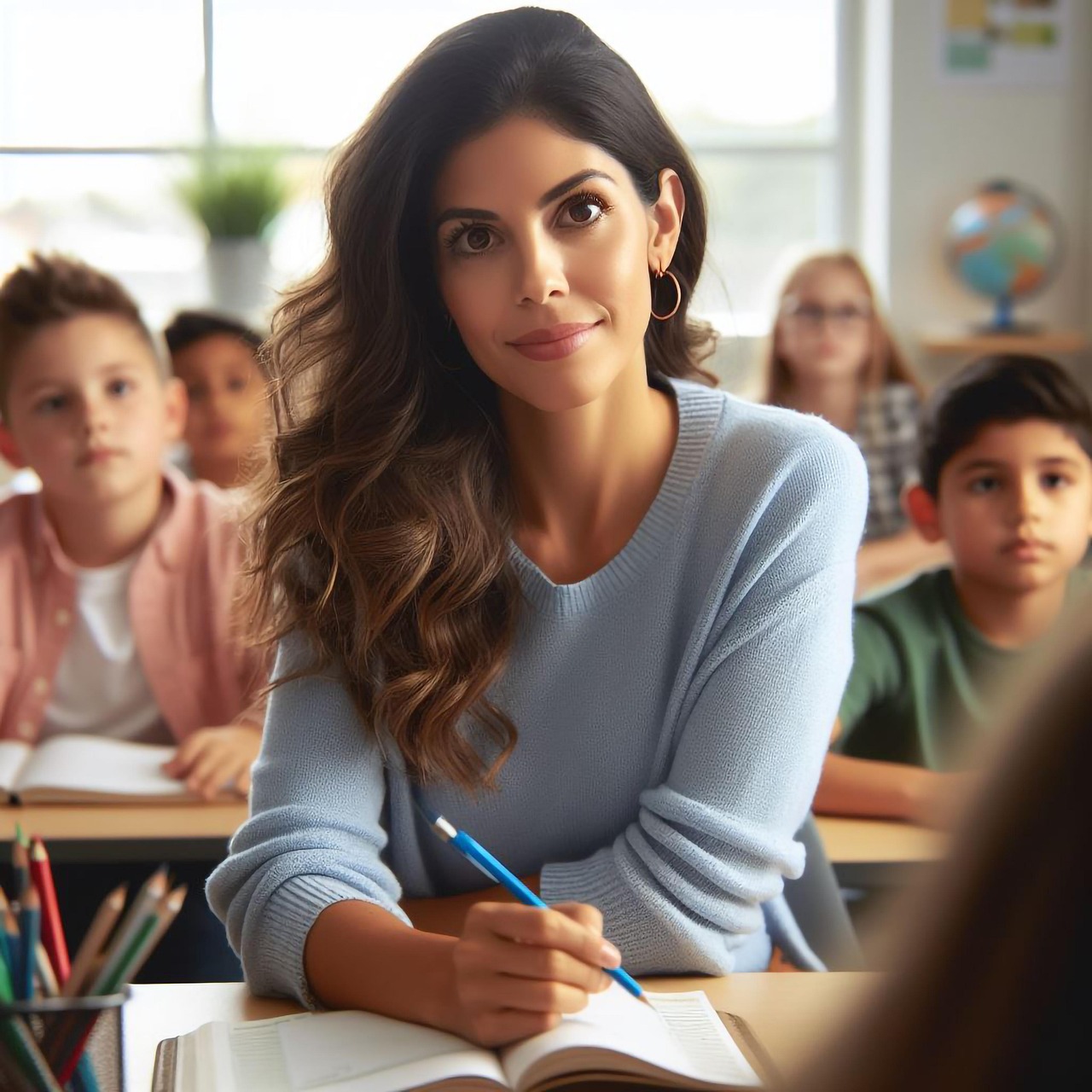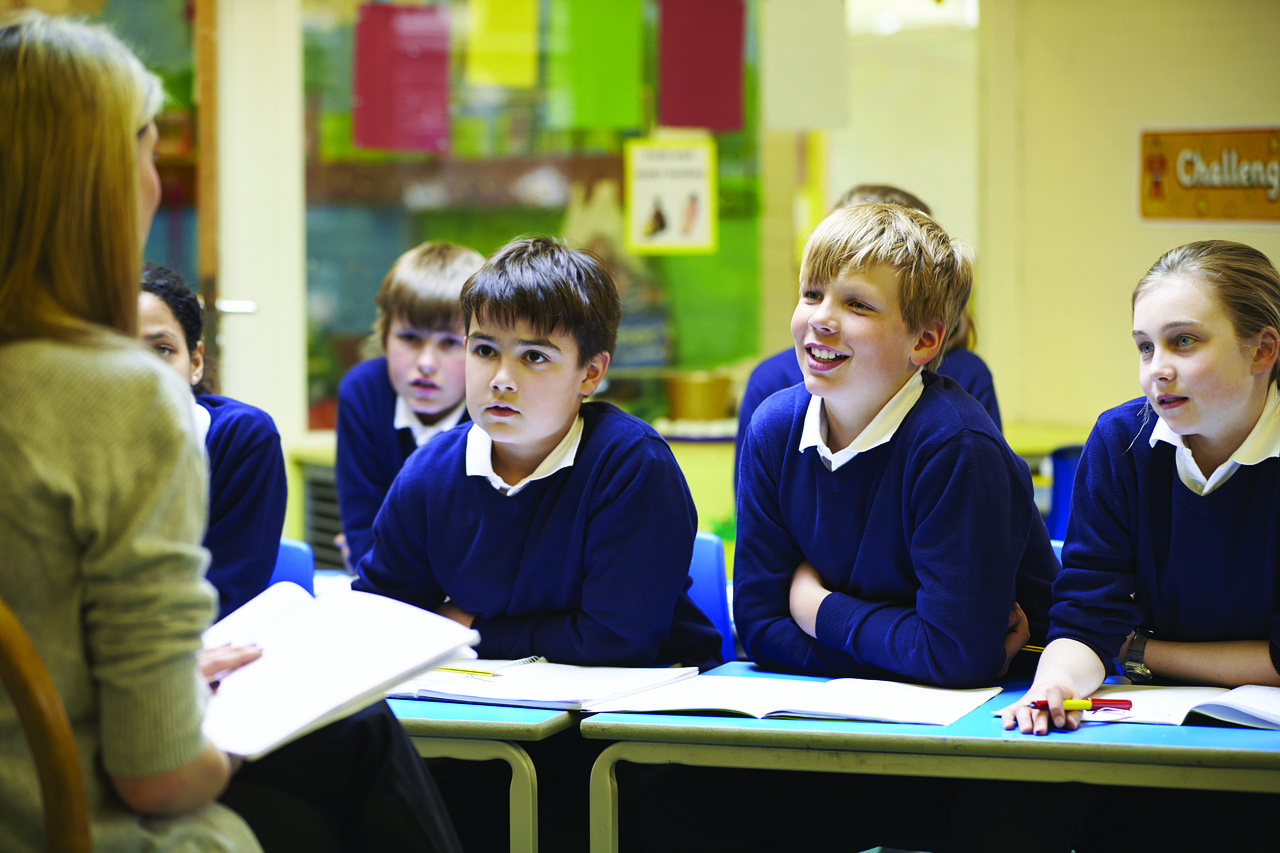Students spend more than 1,000 hours with their teacher in a typical school year. That’s enough time to build a relationship that could ignite a student’s lifetime love of learning and it’s enough time for the dynamic to go totally off the rails. Although it looks like that the most qualified teacher will be the best for students but that’s not the healthiest approach in education.
A teacher should be able to develop a bond with all of their students at a level that promotes active role playing by students in the class.
Improving students’ relationships with teachers has important, positive, and long-lasting implications for both students’ academic and social development. Solely improving students’ relationships with their teachers will produce gains in achievement…
To explain a healthy relationship between a teacher and a student I want you to imagine, a scenario that will lay the grown work for the rest of today’s discussion.
Think about your favorite teacher from elementary school. What made them so special? Maybe they were the first person who helped math “make sense” to you, or maybe they let you borrow books from their classroom library. The wisdom and mentorship that teachers provide can be life changing, especially for younger students.
Educators often focus on improving parent engagement, but student engagement is just as essential. The more self-motivated a student is as they learn to read, the better prepared they’ll be to reach their potential. One of the best ways to encourage this is by building meaningful teacher-student relationships.
Relationships between a teacher and a class of students are just as important as the daily academic instruction presented to the students. Building these relationships is the job of all teachers, but not all teachers are aware of how connecting with students will build student confidence and inevitably promotes high achievement.
The degree of a student’s achievements and improvement can be determined by the level of relationship built between the teacher and the student.
The initiation of an authentic relationship by a teacher with a student can result positively for a student’s desire to prioritize life of learning and succeeding. Teacher-student relationships begin the first day of school. Many teachers use “ice breaker” activities for both students and the teacher to learn fun and interesting facts about one another. Teachers can gather the interesting information shared by all students and use the facts to initiate conversations with students. Teachers can also inquire with students the results of weekend activities, such as sporting events and/or dance recitals. When teachers initiate conversations with students it allows for an expression of interest with an individual student, and making the student feel important.
Students of all grade levels desire to impress the teacher either with their aptitude for learning, or their unique talents. Students feel comfortable sharing their true self when the relationship with the teacher is secure and a level of trust has been achieved. The next level for teacher-student relationships involves mutual vulnerability where both individuals feel comfortable to sometimes share sensitive information. Once the teacher-student relationship is established, students will organically evolve into a confident and independent thinker and active learner, making teacher-student relationships extremely important and necessary in an educational setting.
But there is a catch, when there are issues in a social group position of a person and logic does not make much sense, the kind diplomacy must be introduced in the classroom with a mix of patience from the teacher to impart those noble traits into the students, leading by example perhaps. To qualitatively understand, coming up we will discuss the benefits of a healthy teacher – student relationship.
Positive relationships between a teacher and a student provide a level of comfort allowing a student to take academic risks that will advance academic achievements. All positivity expressed by a teacher with students impacts educational success. Students respond to positive comments, positive interactions and exchanges offered between a teacher and a student.
A positive relationship can start with a simple smile, gesture to welcome the student into the classroom. Engaging an authentic and not forced conversation between a teacher and student develops a positive relationship. The positive relationship can be trusted by the student and sometimes relied upon when students are struggling and need a much-desired ear for listening. The positive relationship requires a respected connection between both the teacher and student in order for a student to feel successful in the classroom.
Building rapport with your students and establishing yourself as their mentor is an excellent way to combat chronic absenteeism. Students are more motivated to attend classes if they know their teacher cares about them and will help them succeed. And by improving school engagement, these relationships can also improve academic achievement.
Even in elementary school, unexcused absences are linked to dropping grades, particularly in math. By motivating students to work hard and miss fewer lessons, teacher-student relationships can keep struggling students from falling behind and close the achievement gap in education. It’s one of the longest-lasting ways a teacher can impact student achievement and career success.
Personal connection with your students can also raise their intrinsic motivation to learn. When students feel interested in their work for the sake of mastering it, they develop a love of learning that will benefit them for their entire lives. Plus, they’re also more likely to have positive attitudes towards their teachers, classes, and lessons. When students focus less on grades and more on mastery, they’re on their way toward a successful school career.
Lastly, these relationships can even tie into your social-emotional learning (SEL) curriculum. Positive teacher-student connections can help children develop self-regulation skills, particularly autonomy and self-determination. As students learn how to evaluate and manage their behavior, they’ll be able to reach their personal and academic goals. And over time, this can reduce failing grades and the need for redirection.
As beneficial as it can be, building healthy relationships can take more than just hard work, in fact it is not a place where ones’ authority is much of a benefit.
Table of Contents
ToggleHere are some tips for teachers to implement in the class.
Provide structure
A mainstream of students respond well to a structured environment. So, teachers should provide clear expectations to their students. Rules and regulations must be followed and continuously reinforced.
Teach with enthusiasm and passion-teachers should teach the students with enthusiasm and passion. It will help to create a positive learning environment in the class. Effective educators are those who have the skill to get the best out of all students in their class. Evolving the positive student-teacher relationship is the basic factor of quality education and student learning.
Display a positive attitude
A positive attitude promotes a sense of belonging and encourages learners to take part cooperatively in study activities. Where students are not constrained by the fear of failure, it will enhance confidence level to do experiments. Teachers should help the students with inspiration and set the objective and in turn to them for guidance.
Make learning fun
Fun learning helps to build a good relationship between students and teachers.
Treat students with admiration
Teachers should treat students with admiration. It is true that a teacher who respects their students will get more respect from their students.
It will take a significant amount of time and effort to build a positive teacher-student relationship, but it will be beneficial for both students and teachers. It is clear that there are many noteworthy benefits of good student-teacher relationships.
Experts caution that for teachers and students, “relationship” does not equate to “friend,” particularly on social media. I want to be very clear here, there is a line here. Many districts have rules against teachers following or friending current students on Facebook, Twitter, or other platforms, in part because it might open teachers up to liability if they see inappropriate behavior from students online.
Teachers also should be upfront with students who confide in them that they are required by law to report evidence of abuse and can’t keep secrets that could put students in danger.
Teacher and education author Starr Sackstein, whose blog is hosted on the edweek.org website, also recommends that while teachers can and should share personal stories if they are “purposeful and appropriate” to the discussion, they should use these to model for students’ what level of detail is appropriate for sharing in social conversations.








